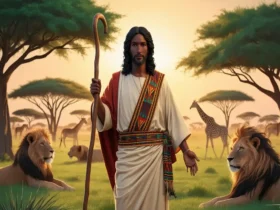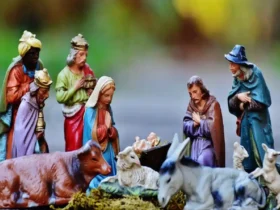Leap Day History and Origin :
The roots of Leap Day trace back to the ancient Roman calendar, where an extra month, Mercedonius, was added irregularly to align the calendar with the solar year. However, the modern concept of leap years emerged with the introduction of the Gregorian calendar by Pope Gregory XIII in 1582. The Gregorian calendar refined the leap year system, stating that a year divisible by 4 is a leap year, except for years divisible by 100 but not divisible by 400. This adjustment refined the accuracy of the calendar, ensuring it closely mirrors Earth’s orbital period.
The Science Behind Leap Years :
Leap years are necessitated by the fact that Earth’s orbit around the sun takes approximately 365.2422 days. To compensate for the additional 0.2422 days, an extra day is added every four years. This adjustment helps prevent a gradual misalignment between the calendar year and the astronomical year. Without leap years, our calendars would slowly drift out of sync with the changing seasons.
Leap Day Traditions and Folklore :
Leap Day has been surrounded by traditions and folklore throughout history. One popular tradition is that women can propose to men on Leap Day, a practice that allegedly dates back to the 5th century in Ireland. According to folklore, St. Bridget complained to St. Patrick about women having to wait for too long for a proposal, leading St. Patrick to declare that women could propose on Leap Day. While such customs vary across cultures, Leap Day has become a day of unique celebrations and quirky traditions.
Is 2024 a Leap Year? :
Yes, 2024 is indeed a leap year, following the established rule that years divisible by 4 are leap years. This means that February 29th will grace our calendars once again, giving us an extra day to marvel at the wonders of timekeeping and the precision of our calendars in tracking Earth’s celestial dance.
Leap Day, occurring once every four years, is a captivating anomaly that intertwines history, science, and tradition. From its ancient origins to the refined leap year system in the Gregorian calendar, Leap Day serves as a reminder of our continuous efforts to harmonize human-made constructs with the rhythmic patterns of the cosmos. As we embrace the extra day in 2024, let us reflect on the intricate balance achieved by our calendar system, and perhaps indulge in a touch of the Leap Day traditions that add a dash of whimsy to this rare and extraordinary occurrence.

































